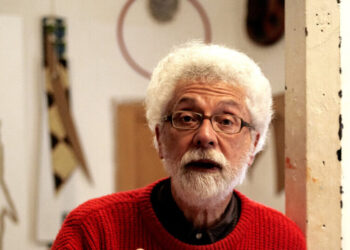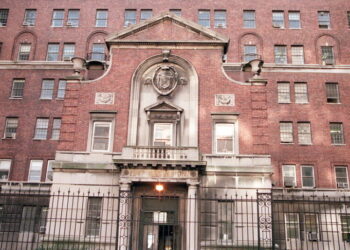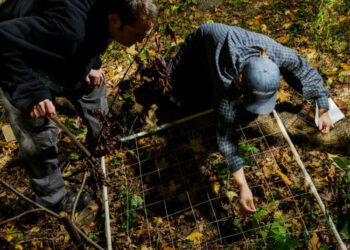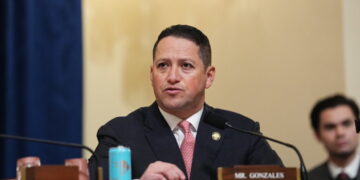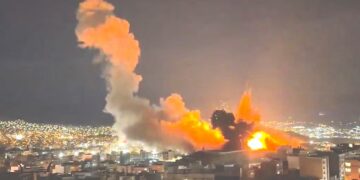What Else Is Happening During TEFAF Maastricht
Beyond TEFAF Maastricht and its vast array of treasures, there are intriguing exhibitions and tours just a few hours away...
These 3 Midwest Emo Albums Are Now Old Enough to Buy Their Own Cigarettes
Can you believe it’s been 21 years since 2005? That means the following Midwest emo albums can now head down...
Rising Young MAGA Stars Joked About Killing Black People
A group of young Republicans ran a group chat in which they used racial slurs like punctuation and came up...
At TEFAF Maastricht, a Paris Gallery Honors a Revolutionary French Painter
In the summer of 1970, right before they started calling themselves the Supports/Surfaces group, several French painters decided to take...
The Anthropic–OpenAI feud and their Pentagon dispute expose a deeper problem with AI safety
Welcome to Eye on AI, with AI reporter Sharon Goldman. In this edition: Trump has an AI data center problem...
Mamdani to Close Huge Homeless Shelter Next to Bellevue Hospital
New York City’s hulking homeless shelter in the former Bellevue psychiatric hospital, which for decades has served as the first...
MAGA Former MMA Fighter Replaces Fired ICE Barbie
President Donald Trump is replacing Kristi Noem with an MMA fighter-turned-MAGA senator, Oklahoma’s Markwayne Mullin. Trump announced the move on...
Meta hires the team behind Gizmo, the buzzy vibe-coding app that lets users create their own mini-games
Samuel Boivin/NurPhoto via Getty ImagesMeta hired the engineers behind the vibe-coding app Gizmo.The app lets people use AI to create...
Britney Spears Is Arrested by California Highway Patrol
Britney Spears was arrested by California Highway Patrol on Wednesday and held overnight in Ventura County, Calif., according to online...
OpenAI launches GPT-5.4, its most powerful model for enterprise work—and a direct shot at Anthropic
OpenAI has released GPT-5.4, a new AI model the company says is its most capable system to date for professional...



